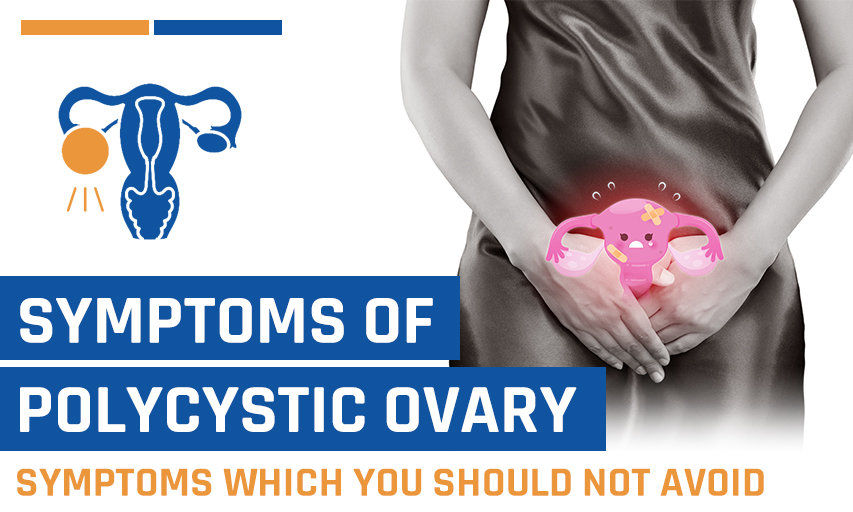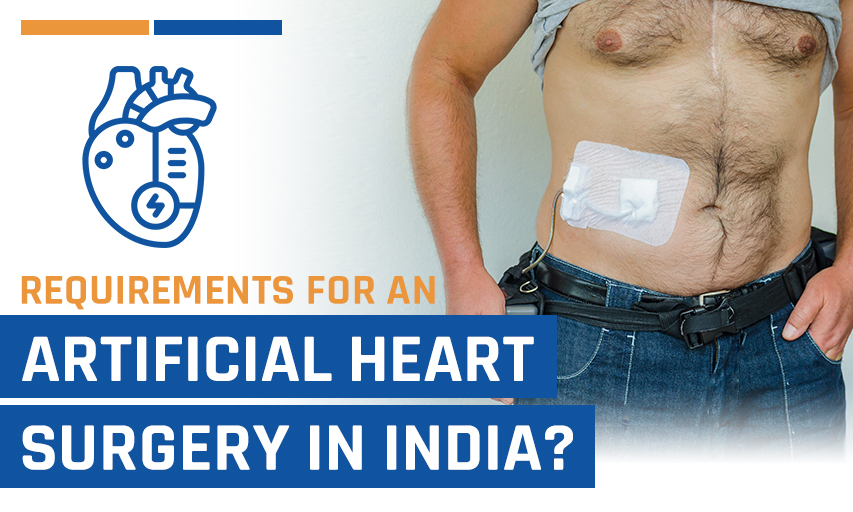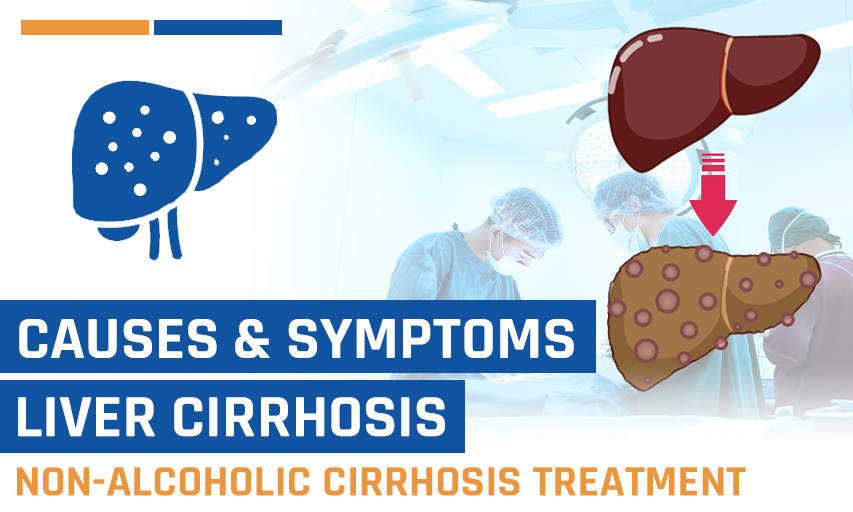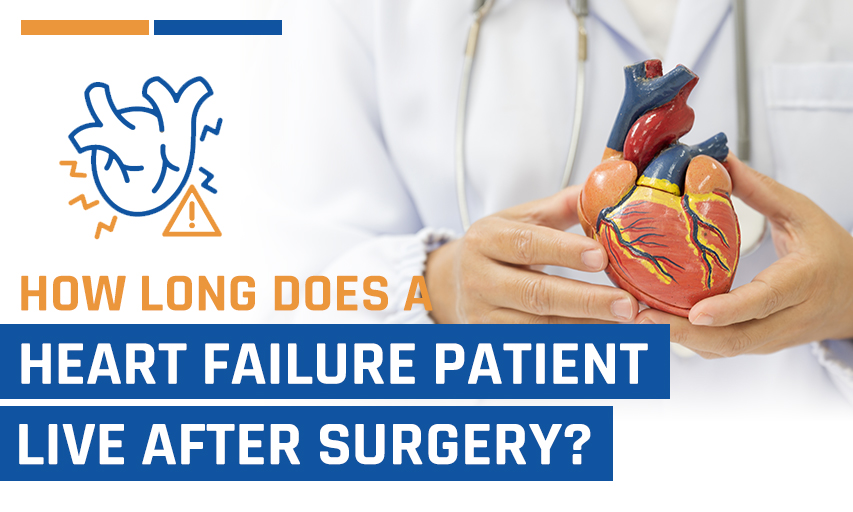What is Life Expectancy After Aortic Valve Replacement?
Aortic valve replacement is a major surgery performed to treat conditions such as aortic stenosis or aortic regurgitation, which affect the aortic valve. If left untreated, these conditions can worsen and potentially lead to heart failure. Therefore, scheduling an AVR surgery is necessary for restoring the heart’s function and improving the patient’s quality of life and life expectancy.
India has become a leading country for African patients needing advanced medical treatments, including aortic valve replacement. The country offers world-class healthcare facilities, highly qualified cardiac surgeons, and affordable treatment options, making it an attractive choice for international patients.
Factors such as age, valve type, and surgical technique can affect life expectancy following aortic valve replacement. The following information specifically pertains to younger patients (under 60 years) receiving either mechanical or bioprosthetic valves.
The logistic EuroSCORE is used to figure out the surgical risk for people 60 years or older who are getting aortic stenosis fixed with isolated surgical aortic valve replacement (SAVR). This risk stratification categorises patients as having low, medium, or high surgical risks.
Thus, aortic valve replacement life expectancy largely depends on the patient's age. In some cases, doctors may be hesitant to perform the surgery on elderly patients due to the risks associated with their post-operative recovery.
How Long Do People Live After Aortic Valve Replacement?
It’s difficult to predict exactly how long people will live after an aortic valve replacement, but we can estimate average lifespan based on the outcomes of patients who have had the surgery.
A long-term study of over 2,500 patients who received tissue valves in the aortic position offers useful information regarding aortic valve replacement life expectancy. The results showed that younger patients, around 40 years old at the time of surgery, experienced a life expectancy about 20 years shorter than what would typically be expected in the general population.
What are the Steps for a Quicker Aortic Valve Replacement Recovery?
How long people live after aortic valve replacement also depends upon how well they take care of themselves and how they are enriching themselves with nutrients and exercise.
Hence, there are certain things that you need to follow if you wish to live longer after the surgery since the operation alone will not help you if there is no proper nursing.
■ Improvement in diet
You need to make some subtle changes in your diet by including and excluding something that will bring gradual changes towards the path of aortic valve replacement recovery within very little time.
Include foods like fruits and vegetables, as they nourish the body with vitamins and antioxidants; consume healthy fats like nuts, olives, and avocado, not harmful fats that increase cholesterol or other complications. Take as much lean protein as possible, like legumes, fish, chicken, etc. It also helps you to keep in shape. Whole grains help to provide you with energy. Common forms of whole grain foods are rice, whole wheat biscuits, etc.
You also need to exclude certain products from your food chart, like alcohol and coffee, as too much caffeine consumption can disturb sleep. A person recovering from a critical operation like an aortic valve replacement needs a sufficient amount of sleep without disruption. You need to cut down on sugar intake post-surgery, as if the problem of diabetes occurs, it will not let the injury of the incision heal properly.
Apart from that, refrain from highly processed foods like packaged drinks, cold drinks, and other junk foods which contain high amounts of unhealthy fats, sodium, and harmful preservatives like those in jarred pickles as well.
■ Exercises
Physical exercises can be done both indoors and outdoors depending upon the time and situation. It also depends on the type of exercise you are choosing for yourself.
There is no such simple exercise as walking, so you can start with this. Within a few weeks of your aortic valve replacement surgery, you can start with walking a few steps regularly and then gradually increase the steps covered and distance.
Aerobic exercises are also very popular means of physical activity that comprise things like stationary cycling or swimming that do not require a lot of energy and strength and have low impact.
Do not indulge in activities like heavy lifting, as it can cause bruises and can be fatal for someone who recently recovered from surgery.
■ Medications
Medicines are highly impactful. Therefore, never take any medicines without the recommendation of a doctor and take them consistently. Certain medicines, like painkillers, that are given after heavy operations to ease pain can sometimes cause some withdrawal symptoms. So, you need to consult your physician on how to taper off that medicine.
The most common medicines that are known to be given after aortic valve replacement surgery are antiplatelet agents like aspirin, beta-blockers like carvedilol, anticoagulants, pain relievers like acetaminophen, etc., and also statins.
Hence, how long people live after aortic valve replacement also depends upon how you frame your routine post-surgery and whether your lifestyle is healthy or not.
Is it safe to travel after an aortic valve replacement?
Travelling can be both practical and enjoyable after aortic valve surgery. A few factors and possible limitations should be considered to guarantee a pleasant yet safe trip. Most importantly, here's what you should know:
■ Flying: If you plan to travel, discuss your soon-to-happen arrangements with your medical team. The different heights and aeroplane cabin pressures can affect your heart and circulatory system function. It is critical to prepare for the physical effort of flying.
■ No driving: Do not drive until you have regained full strength and mobility, and your doctor has cleared you for driving. It is critical to follow your doctor's instructions, which could take some weeks to heal.
■ Driving a Motor Vehicle: Because surgery affects the muscles in the chest, driving a motor vehicle is frequently prohibited right after the procedure.
Always adhere to the instructions given post-surgery if you want to minimise the risk of complications and increase the lifespan.
Why Get Aortic Valve Replacement Surgery in India?
India has risen to be one of the best countries for getting cardiac surgeries, especially aortic valve replacement surgery, due to its combination of world-class medical expertise, advanced hospital infrastructure, and lower treatment costs. Here is the list of reasons why patients from around the world choose India for this life-saving procedure:
1. Highly Qualified Cardiologists & Cardiothoracic Surgeons
Indian hospitals are staffed with internationally trained cardiologists and cardiothoracic surgeons who have extensive experience in performing complex valve replacement surgeries, including minimally invasive and transcatheter aortic valve replacements. Many of these best doctors for aortic valve replacement have practised or trained in top institutions in the U.S., the U.K., and Europe.
2. Advanced Medical Facilities
India’s top hospitals are equipped with state-of-the-art cardiac care units, hybrid operating theatres, and advanced diagnostic and imaging technology. These facilities follow international healthcare standards and are often accredited by bodies like JCI and NABH.
3. Affordable aortic valve replacement cost
Aortic valve replacement in India is way more affordable than in Western countries, often costing 60–80% less without compromising on quality. This price includes pre-surgery evaluations, the procedure itself, post-operative care, and hospital stay, making it an attractive option for uninsured or underinsured patients.
4. Short Waiting Times
Unlike some countries with long waiting lists, India offers prompt scheduling for aortic valve replacement, which is critical for patients with severe aortic stenosis or regurgitation. Immediate access to treatment care can significantly improve outcomes and reduce the risk of complications.
So, What is Life Expectancy After Aortic Valve Replacement?
While it’s impossible to pinpoint the exact life expectancy after aortic valve replacement, the procedure can significantly improve quality of life and extend life expectancy with proper aftercare and lifestyle changes. Studies show that younger patients may experience a shorter life expectancy compared to normal patients, but many patients live many years after the surgery, particularly when following medical advice and taking excellent care of their health. With careful monitoring and a healthy lifestyle, many people enjoy a long and active life following their aortic valve replacement.




















Be First To Comment
Leave a Comment